Culture
The definitions of what is culture may change but the practice of understanding, and unpicking cultural history is an important dimension to understanding any historical period. In this section articles explore the way that definitions of culture have changed and how those changes have affected values and attitudes. The impact of the written word on fashions and ideas and the role of historic movements such as the renaissance are all addressed in this section.
Sort by:
Date (Newest first) | Title A-Z
Show:
All |
Articles |
Podcasts |
Multipage Articles
-

50th Anniversary of 'Carve her name with pride'
ArticleClick to view -

Broadening and deepening narratives of Benin for Year 8
ArticleClick to view -
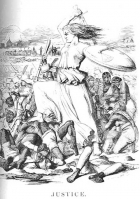
Cartoons and the historian
ArticleClick to view -

Cunning Plan 178: How far did Anglo-Saxon England survive the Norman Conquest?
ArticleClick to view -
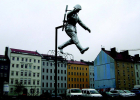
Cunning Plan 192: A suggested itinerary for visiting Berlin
ArticleClick to view -

Developing KS3 students’ ability to challenge their history curriculum through an early introduction of significance
ArticleClick to view -

Earth in vision: Enviromental Broadcasting
ArticleClick to view -
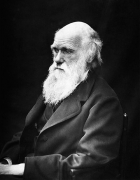
Engaging Year 9 with Victorian debates about 'progress'
ArticleClick to view -

Film: “The Talk Should Not Be Broadcast”: Homosexuality and the BBC before 1967
ArticleClick to view -
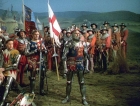
Henry V in the cinema
ArticleClick to view -

Historical anniversaries calendar
ArticleClick to view -

Historical scholarship, archaeology and evidence in Year 7
ArticleClick to view -

History Teaching in Belarus: Between Europe and Russia
ArticleClick to view -

How history learners can ‘dig school’ under lockdown
ArticleClick to view -
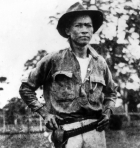
How introducing cultural and intellectual history improves critical analysis in the classroom
ArticleClick to view -

Imagining cities: exploring historical sites as contested spaces
ArticleClick to view -

In pursuit of shared histories: uncovering Islamic history in the secondary classroom
ArticleClick to view -
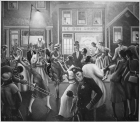
Lengthening Year 9’s narrative of the American civil rights movement
ArticleClick to view -
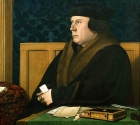
Men's Beards and Women's Backsides
ArticleClick to view -

Mughal moments made memorable by Movie Maker
ArticleClick to view

